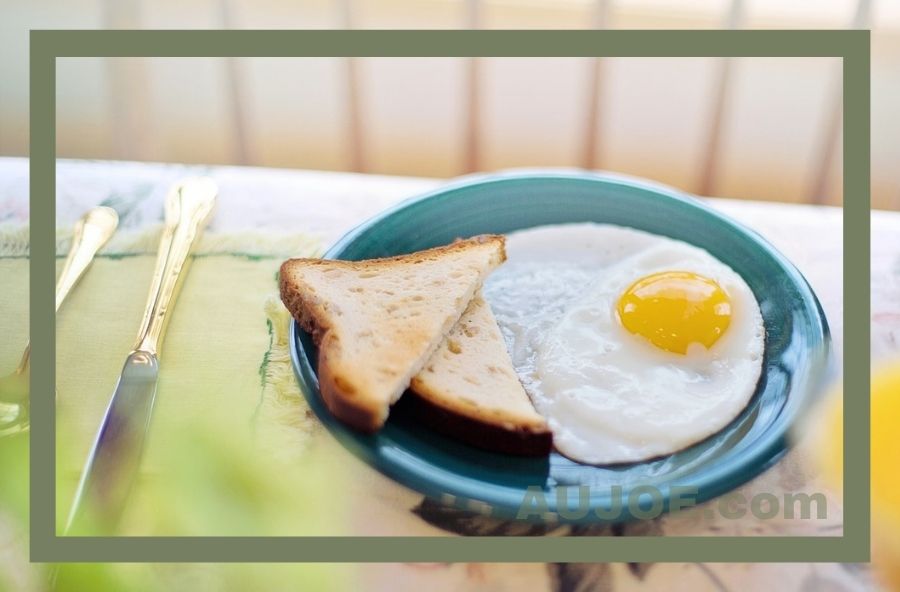Eating just egg whites is this trend that really kicked into full force when I was pretty young. Everyone thought that eating the yolk would spike their cholesterol and shorten their lives. This was true of people who were already perfectly healthy without a single cholesterol concern. They were doing it out of an attempt to prevent the need for cholesterol medication as they age.
Egg Whites Alone Aren’t All They’re Cracked Up to Be
Eating the whole thing – egg whites and yolks – gives you a considerable nutrition boost. Many people have labeled this simple food as a superfood. I’m not really on board with the concept of superfoods – unless you’re just using it to refer to something with a lot of nutrients, in which case I’ll give you a pass – but I can see why some people have made this particular choice.
Unfortunately, for a short time, they were villainized as the bringer of all cholesterol, and everyone went running from yolks like they were being chased by monsters. Today, research has shown that yolks are not the enemy and that egg whites just don’t contain much nutrition in comparison.
Still, when I’m discussing nutrition with clients, I’m regularly told that people have made a “healthy” switch to just egg whites, or I’m asked if the switch should be made. I’m not a doctor. If your doctor has advised you to avoid yolks, that’s likely the right thing to do, for reasons beyond the old fear of cholesterol they contained. However, it is my understanding that an average healthy guy who hasn’t been diagnosed with a cholesterol problem can easily eat a whole egg every day without any adverse repercussions.
Why Am I a Fan of Yolks?
For one thing, egg whites have essentially no flavor, but yolks really do. They’ve got that umami going on that tastes rich and rewarding. If you want to have a healthy breakfast that tastes like you’re not carefully watching every nutrient, eating the whole thing including the yolk can help that.
Eating the whole thing including the yolk gets you more protein, as well as vitamins A, D, E, K, and six B vitamins. You also get a boost in iron, zinc, choline, calcium, phosphorus and folate. A lot of that is contained in the yolk. If you cut that out, you’ll slash the nutritional content of your meal. In fact, you’ll erase some of those nutrients completely.
Check out the difference between the two:
| One Whole Egg (large) | One Egg White (large) | |
| Calories | 71 | 18 |
| Protein | 6 grams | 4 grams |
| Fat | 5 grams | 0 grams |
| Cholesterol | 186 milligrams | 0 milligrams |
| Vitamin A | 27% of DV | 0% of DV |
| Vitamin B2 | 18% of DV | 11% of DV |
| Vitamin B5 | 15% of DV | 1% of DV |
| Vitamin B12 | 19% of DV | 0% of DV |
| Vitamin D | 19% of DV | 0% of DV |
| Choline | 27% of DV | 0% of DV |
| Selenium | 27% of DV | 8% of DV |
